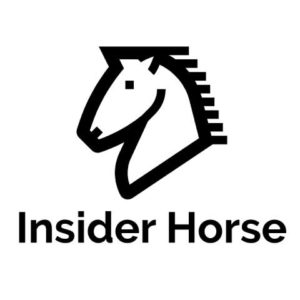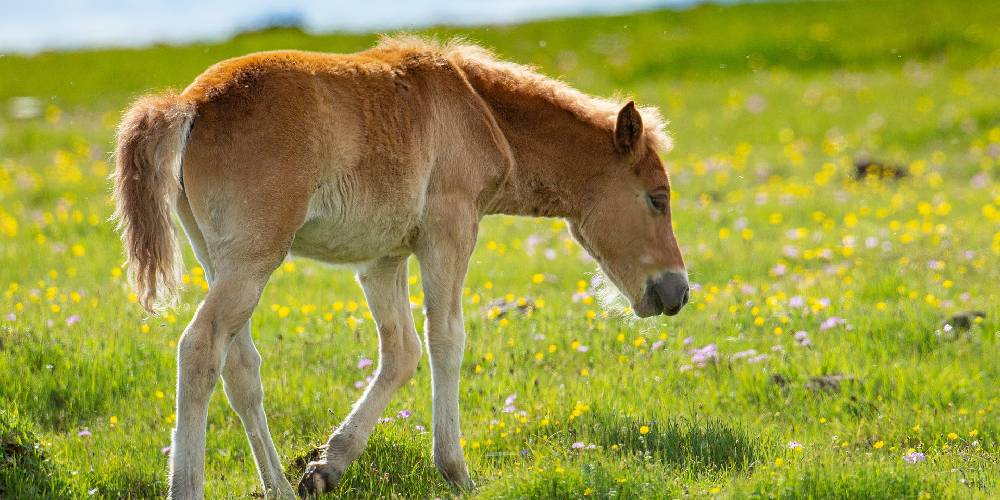I remember hearing somewhere that racehorses aren’t always the age that people say they are because of the universal birthday rule that surrounds horse racing. Curious if this was true or not, I did some research and it turns out that horses have two different universal birthdays. There is one for horses in the Northern Hemisphere and one for horses in the Southern Hemisphere.
What Are The Two Universal Birthdays For Horses?
Horses have a universal birthday to make telling the age of a horse easier. Horses of the Northern Hemisphere, especially racehorses, have the birthday of January 1st. This was set in place in the mid-1800s when several different horse racing associations came to the agreement that racehorses would have the universal birthday of January first no matter when in the year they were born. This eventually became the universal birthday for all horses in the Northern Hemisphere. In the Southern Hemisphere, horses have the birthday of August first. This is in reflection of the horse’s actual foaling season which goes from February to July. This way, the birthday is much more accurate to what the horse’s true birthday is.
To sum this up:
All horses, especially racehorses, born in the Northern Hemisphere have the day of January 1st as their official birthday regardless of their actual date of birth. All horses born in the Southern Hemisphere have August 1st as their official birthday. August 1st is a much more accurate birthday for these horses as that date more closely reflects a horse’s natural foaling season.
When Did This Start?
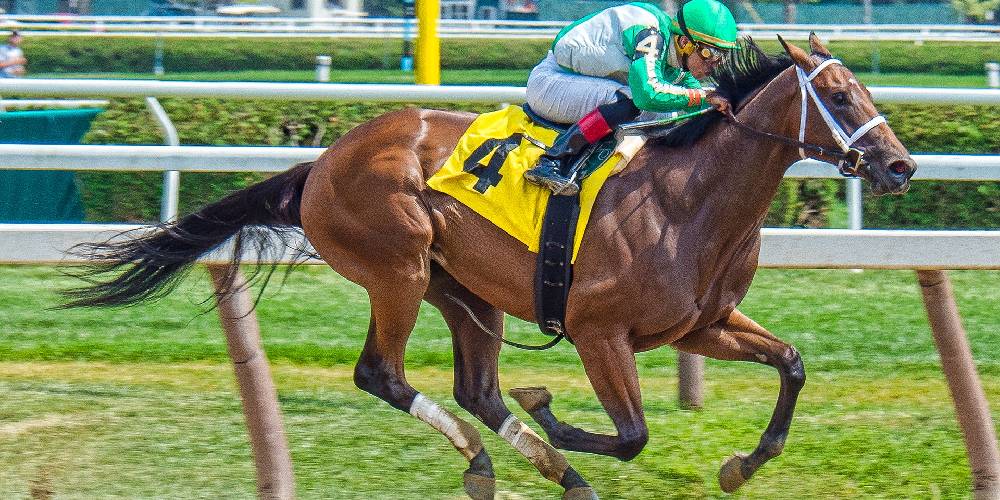
In the year of 1858 the different horse racing associations came to the agreement that all racehorses would universally have the birthday of January first to make things easier.
Though racehorses all age another year on January first, in the United States it was decided that all horses in the Northern Hemisphere would also have the birthday of January first.
In South America and other countries and continents in the Southern Hemisphere, the birthday was determined in reflection to a horse’s natural foaling season of spring and summer. By August first, all the foals of the year should have already been born making this the most accurate birthday. Once this was determined, August first became the official birthday for any and all horses born in the Southern Hemisphere.
What Breeds Have The Birthday of January First?
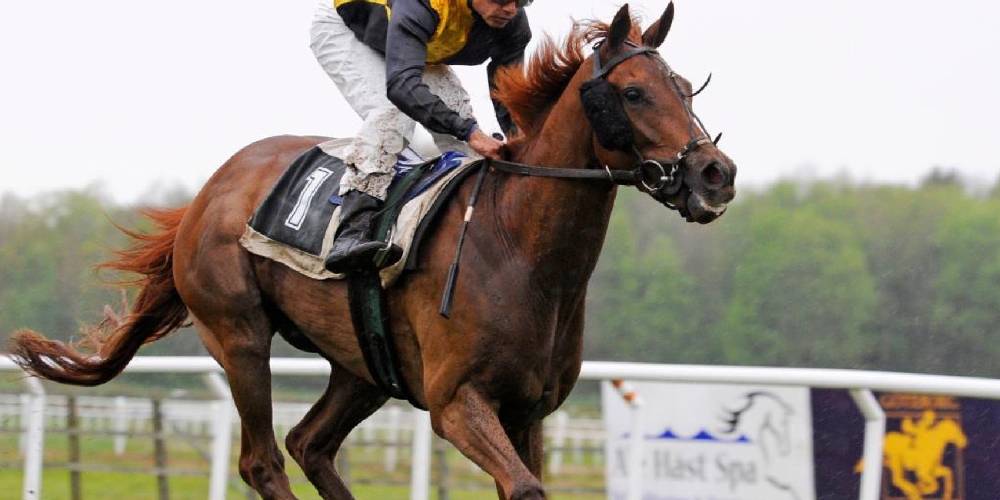
There are many breeds that recognize January first as the official birthday of all members of their breed and registry. These breeds include all breeds in the Northern Hemisphere, but primarily Thoroughbreds as it was with this breed that the whole “universal birthday” started.
Places Where This Is Most Commonly Seen
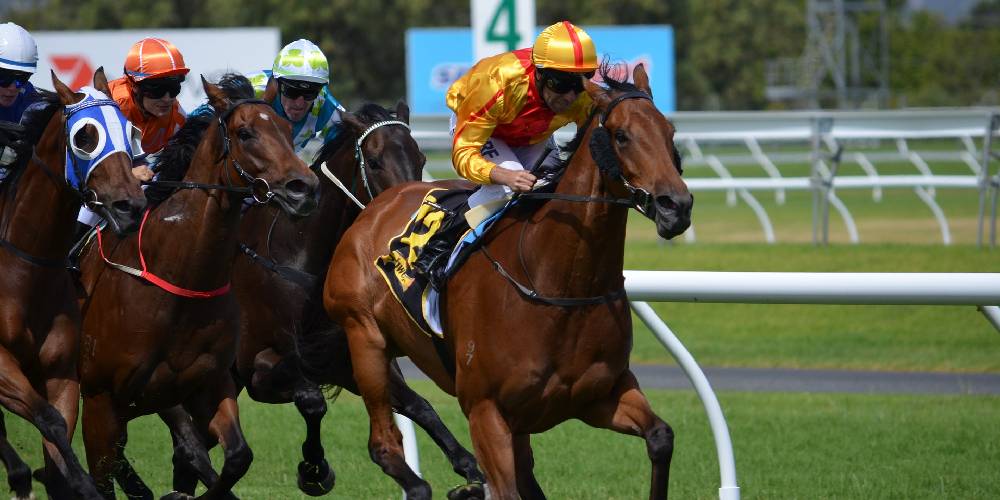
Colt & Filly Halter Classes (Specifically Arabians)
Arabians are a breed of horse that, if found in the Northern hemisphere, age a year every January first. This doesn’t affect horses shown in classes much unless it is a colt or filly class. It is in these Arabian classes where the biggest difference is seen among competitors. A foal born in February and a foal born in December are both considered a yearling on the first of January making these classes consist of foals that are of varying ages.
Horse Racing
Horse racing is a big one where this is seen. Because the races that make up the Triple Crown are for three-year-old Thoroughbreds, horse owners who want their colts and fillies to race in these races want their horses to qualify as soon as possible. this means that a majority of the horses running in these races are truly two years old but are considered to be older because of this rule.
How Does It Negatively Affect The Horse World & Competition Horses?
The negative thing about this practice is that horses are being raced, shown, and ridden at an extremely young age as they are considered to be older than they truly are. A horse may be registered as a three year old but is truly just over two years of age because of this rule. This means that this young horse may still be too young to be ridden, but is being used for riding or even racing regardless.
Which Of These Universal Birthdays Is Most Accurate?
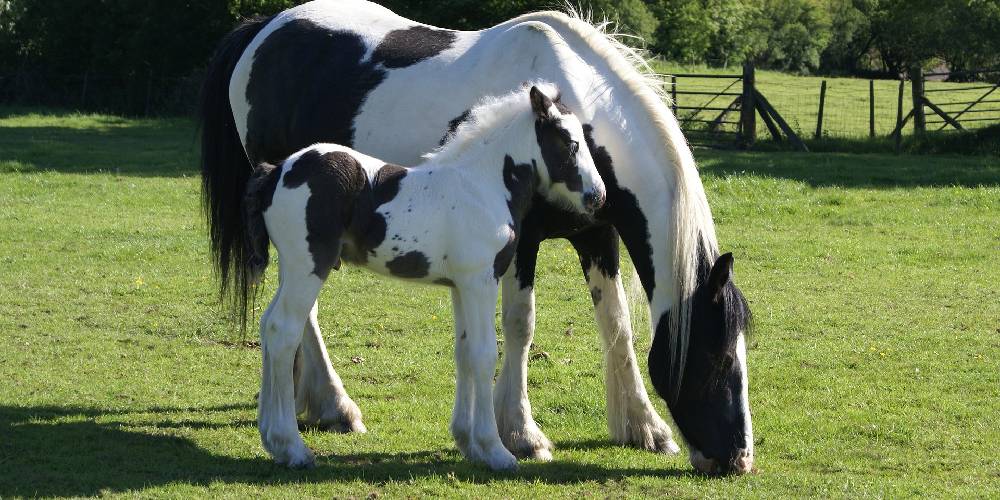
The universal birthday of the Southern Hemisphere is much more accurate than that of the Northern Hemisphere. This is because horses generally will give birth and have their foals within the first six months of every year. Having the universal birthday for horses on the first of August means that by this time, all the horses of the year should already be born and by the following year, all the horses will already be one year of age by the time their birthday comes around.
Fun Facts On The Birthdays Of Horses
- A horse born in the Northern Hemisphere in the month of December will be considered a year old on the first of January regardless of the fact that they are only a few weeks or even days old!
- The reason this all started was so racehorses could be organized into different age grades, the age of horses could be better-kept track of, and horses could be qualified for riding and showing sooner.
- January first is easier to remember for a birthday while August first is more accurate to the horse’s actual age.
Do I Need To Follow The Birthday Category That My Horse Falls Into?
When it comes to registration, entering into horse shows, competitions, and veterinary purposes, yes you will need to use the assigned birthday of your horse regardless of when your horse was actuallyborn.
If you aren’t competing with your horse or your horse isn’t registered, you don’t need to follow the ‘universal birthday’ for your horse.
Some registries, like the Arabian Horse Registry, require the actual birthday of your horse for their records, abut will use the ‘universal birthday’ elsewhere.
If you want to use your horse’s true birthday, there’s no reason why you can’t, just know where the ‘universal birthday’ is required so you can give the desired age of your horse that they seek.
